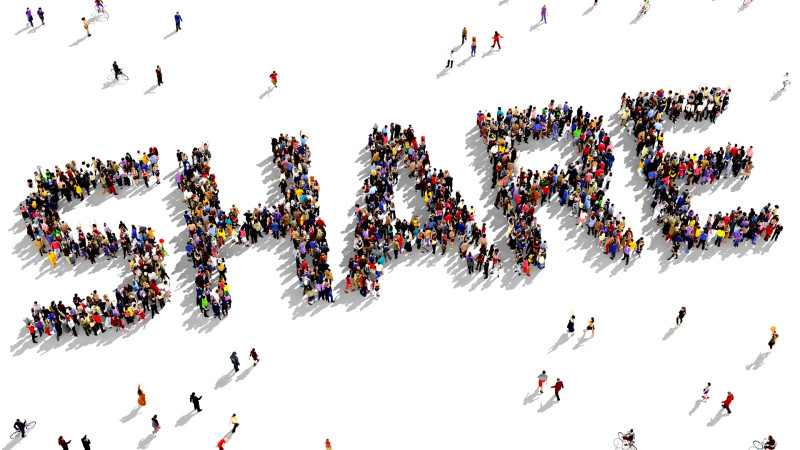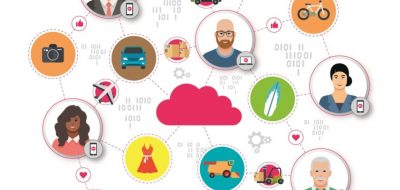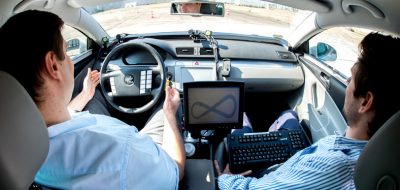My article in FORBES published 30th of November 2017.
Critics of modern economics, sociologists, cryptanalysts advocates (Bitcoin, Ethereum, that I mention only those with the largest market capitalization), and even the founders of corporations in the area of new technologies speak with one voice: we live in the times of the collapse of traditional economics.
The failure of the modern financial system is best illustrated by: cyclical banking system crises, unfair distribution of profits, social inequalities, manipulative monetary policy of governments, weakened social solidarity and extended corporatism. It can or must lead sooner or later to a global crisis. Maybe even to the crash, which will result in a revaluation of the role of money in the lives of each of us.
So is the new global economy needed and possible? Has the technological revolution that brought such devices like smartphones and file sharing technologies like peer-to-peer (and therefore new ways of using intellectual property and new human relationships) revolutionized our approach to ownership, profitability, and benefits?
An interesting figure I want to recall is the American futurologist, inventor, inventor Jacques Fresco, who died this year at the age of 101. Character and unusual. In the 1960s, he created the “Americana” project, where “sensitive machines” will cool and clean entire cities in response to environmental pollution. He advocated the technology of communication between cars to prevent accidents. He respected computers, arguing that they are better than humans because they have no harmful ambitions. He devoted his entire life to promoting economics based on the principle of free and universal access to natural goods. He claimed that at this stage of civilization we have everything we need (natural resources and computer technology) to create the foundations of a new economy.
Criticizing the modern world, he said: “… I would like to eradicate wars, poverty and human suffering. But this is not possible in a monetary system in which the richest countries control most of the world’s resources. But I see a repetition of the same series of events: war, poverty, recession, boom, war. ”
The solution would be to create a system in which nations declare that our resources: clean air and water, cultivated land, education, health care, energy and food form a kind of common heritage of all people who may have access to these protected goods. thanks to computer technology. …
Link to the full article (in Polish)
Related articles on my blog:
– Only God can count that fast – the world of quantum computing
– Machine Learning. Computers coming of age
– According to our computers … You don’t exist
– What a machine will think when it looks us in the eye?
– Fall of the hierarchy. Who really rules in your company?
– Blockchain has a potential to upend the key pillars of our society










DCzaj
And it’s over
Money problems: why Finland has given up on the basic income dream
As Finland’s government calls time on a bold experiment in giving citizens cash, can others still attempt such utopian schemes?
https://www.theguardian.com/society/shortcuts/2018/apr/24/finland-given-up-on-the-basic-income-dream
John McLean
Advantage for a business of using such non-regular workers is obvious: It can lower labor costs dramatically, often by 30 percent, since it is not responsible for health benefits, social security, unemployment or injured workers’ compensation, paid sick or vacation leave and more. Contract workers, who are barred from forming unions and have no grievance procedure, can be dismissed without notice. Unfortunately
JacekPlacek5
Certainly, the modern concept of the sharing economy is computer-mediated. A host of enabling technologies, including open data, the widespread adoption of mobile phones and the rise of social media platforms that connect people and reinforce the value of peer-based endorsements, have enabled the massive scaling of peer-to-peer-based transactions.